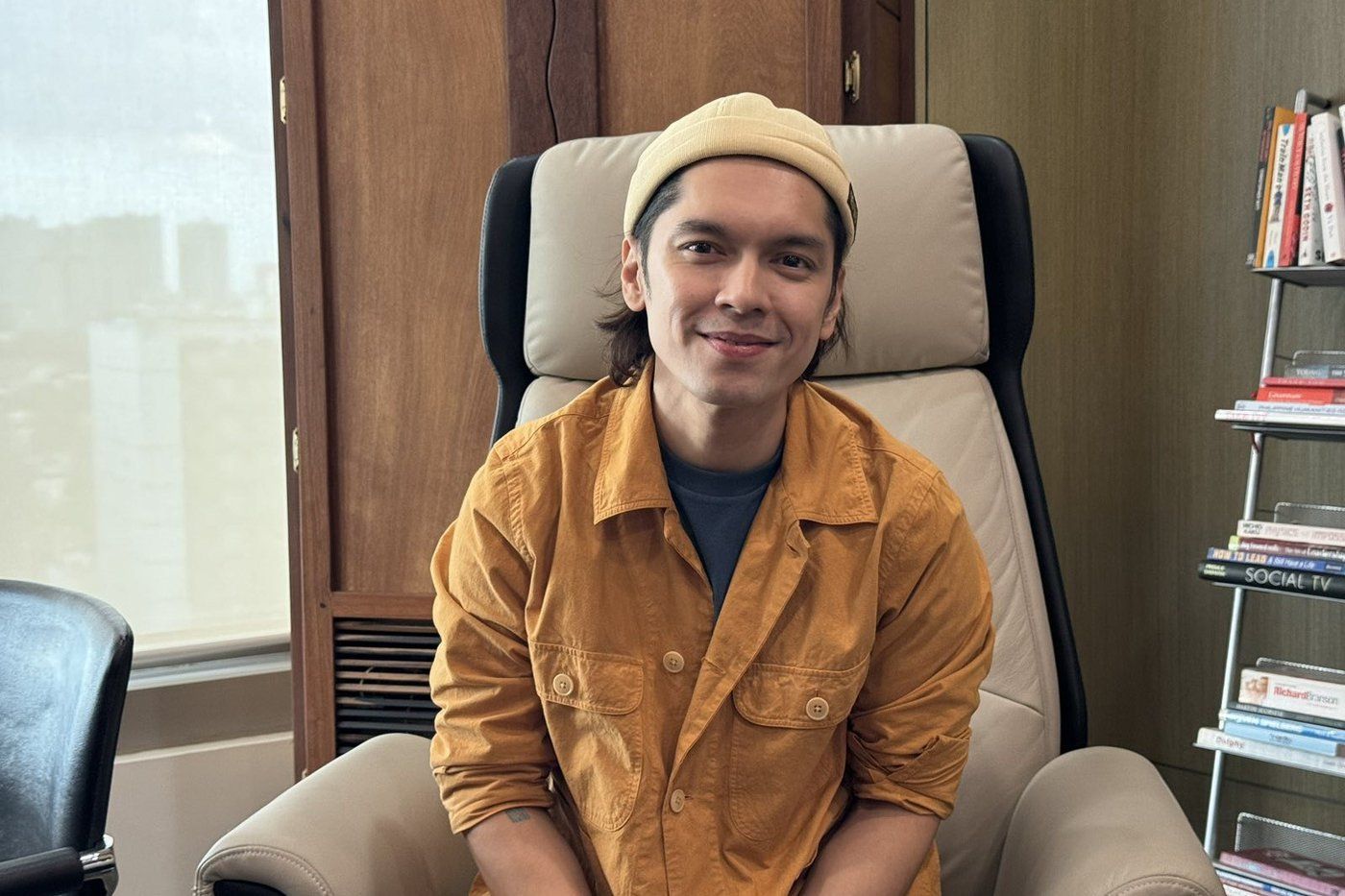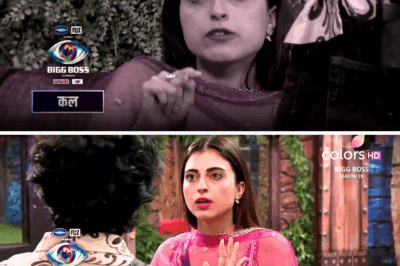In an era when remakes are under the microscope and comparisons are unavoidable, actor Carlo Aquino has taken a bold step that few expected—and even fewer are prepared to accept.
While most actors tasked with reprising iconic roles would turn to the original for guidance, Carlo Aquino has done the opposite. With the local adaptation of the beloved Korean drama It’s Okay to Not Be Okay underway, Aquino publicly declared: “I didn’t watch the original. I didn’t feel the need to.”
The statement was made during a press interview ahead of the show’s promotional rollout—and it sent waves through the fan community.
Many gasped. Some applauded. Others questioned: Is this confidence… or carelessness?
Carlo, known for his intense, emotionally layered performances, stood firm on his choice.
“I wanted to approach this character from my own place of truth. Watching the Korean version would have colored how I feel, how I deliver every line,” he explained. “I respect the original deeply. But this is not a copy. This is a Filipino story, in a Filipino context, with Filipino pain.”

That alone became the turning point of the conversation.
Aquino’s perspective is grounded in something that actors rarely get to articulate in a remake-dominated landscape—the freedom to reinvent. And while his words struck some as controversial, they also revealed his commitment to authenticity, even if it defies tradition.
Still, not everyone agrees.
On social media, Korean drama fans expressed both skepticism and concern. “How can you give justice to a role you’ve never truly understood from its roots?” one commenter asked. “The original Moon Gang-tae had a depth that was anchored in the trauma and culture of the Korean experience.”
Others chimed in with cautious optimism. “Maybe this is exactly what the remake needs,” a fan replied. “Not an imitation. A reimagination.”
Carlo isn’t unaware of the expectations. The original It’s Okay to Not Be Okay was hailed for its haunting portrayal of mental health, childhood trauma, and love born out of shared healing. It wasn’t just a romance—it was an emotional reckoning, told through nuanced characters and piercing dialogue.
“I know the weight of this story,” Carlo said. “That’s why I’m trusting my instincts. The pain, the healing—these are not foreign concepts to us. We have our own version of silence, of stigma, of survival.”
His co-star, playing the eccentric and emotionally complex female lead, shared a similar sentiment. “We wanted to build chemistry from the ground up, not based on someone else’s rhythm.”
And that may be the very heartbeat of Carlo’s vision.
Instead of retracing the footsteps of Kim Soo-hyun, he’s drawing his own map. He’s infusing the role with local emotion, familial tension that resonates with Filipino culture, and the kind of quiet desperation that Filipinos often hide behind smiles and polite nods.
But is that enough?
Industry veterans have mixed feelings. One director commented anonymously, “It’s risky. But sometimes that risk creates magic. It just has to be honest.”
Others warn that skipping the original might cause him to miss the subtle nuances that made the story globally resonant. “There’s a difference between interpretation and reinvention,” one critic wrote. “Let’s hope he didn’t lose the soul of the character in the process.”

Still, Carlo seems unfazed. He’s focused. Grounded. And prepared to face the wave of critique that’s sure to come when the show finally airs.
“People will judge, that’s inevitable,” he said. “But what matters most is that I gave it truth—not mimicry. If they feel that, then I’ve done my job.”
The show’s director revealed that Carlo’s method on set has been deeply internal. He would sometimes isolate himself before emotionally intense scenes. He kept a journal. He asked questions not about how the character looked, but how the character felt.
“He didn’t want to pretend,” the director said. “He wanted to live it.”
And perhaps that’s the essence of this controversy.
We live in a world where adaptations are often reduced to comparisons. Where local art is measured by foreign blueprints. Where being “too different” is mistaken for being “not enough.”
But Carlo Aquino is choosing to believe in the power of cultural reinterpretation—and the raw humanity that binds all stories together.
“I’m not here to outdo anyone,” he said. “I’m just here to be real.”
Whether that realness connects or divides remains to be seen.
But one thing’s certain—this remake won’t be forgotten.
News
Exclusive: Uncovering the Truth Behind Malti and Amaal’s Rumored Romance
The entertainment world is abuzz with whispers, theories, and rampant speculation about the mysterious relationship between Malti and Amaal Malik….
Tanya Mittal Under Fire: Fans Appeal to Salman Khan for Intervention
The controversy surrounding Tanya Mittal has shaken the entertainment world and sent shockwaves through social media. Fans of the popular…
Bigg Boss 19 Drama: Unexpected Clash Between Gaurav and Tanya
The Bigg Boss 19 house had been simmering with tension, but nothing could prepare the contestants for the explosive confrontation…
Unexpected Drama: Massive Eviction Rocks Bigg Boss 19 House Ahead of Weekend Ka Vaar
The Bigg Boss 19 house had been simmering with tension, strategies, and unspoken rivalries, but nothing could prepare the contestants…
Bigg Boss 19 Drama Alert: Power Shift as Pranit More Supports Gaurav Khanna
The Bigg Boss 19 house had been simmering with tension, rivalries, and subtle strategic maneuvers when the doors burst open…
Bigg Boss 19 Drama Alert: Explosive Amaal-Farrhana Conflict Amid Pranit’s Return
The Bigg Boss 19 house had been simmering with drama and delicate alliances when the unexpected happened. Pranit More, a…
End of content
No more pages to load












